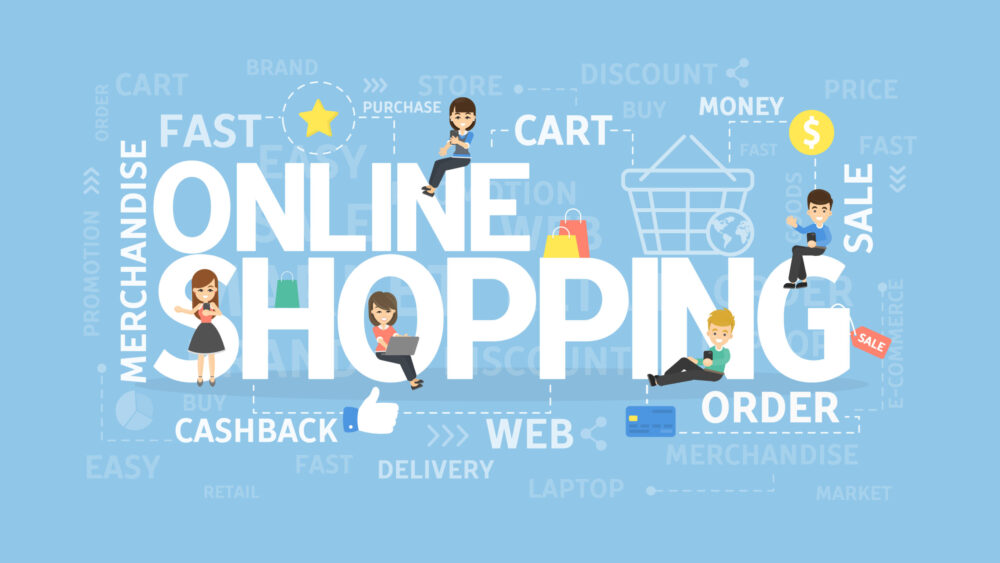Choosing the right e-commerce solution can make or break your online business. Should you go with a ready-made platform like Shopify, WooCommerce, or BigCommerce, or invest in a custom-built e-commerce system designed specifically for your needs?
The answer depends on many factors, such as budget, scalability, and business complexity. Let’s break down the pros, cons, and costs of each option to help you make an informed decision.
Ready-Made E-Commerce Solutions (Shopify, WooCommerce, BigCommerce, etc.)
These platforms offer a quick and affordable way to launch an online store, with built-in tools for payments, inventory management, and marketing.
Pros
- Fast Deployment – Your store can be up and running in a few days.
- Lower Initial Costs – Subscription fees range from $39 to $399/month* (Shopify), plus transaction fees (up to 2%).
- Pre-Built Features – Includes themes, shopping carts, payment gateways, SEO tools, and integrations.
- No Need to Manage Hosting & Security – The platform handles security, compliance, and maintenance.
Cons
- Limited Customization – While plugins and themes offer flexibility, deep customization often requires expensive third-party apps or developers.
- Recurring Costs Add Up – Beyond the monthly plan, Shopify charges 0.5%–2% per transaction (unless you use Shopify Payments), and third-party plugins can cost an additional $50–$500/month* on top of the subscription fees.
- Less Control Over Data & Integrations – You are dependent on the platform’s rules and updates, and some integrations may not be possible (e.g., advanced warehouse systems, ERP, complex shipping, or custom checkout flows).
- Scalability Issues – High-traffic stores often outgrow ready-made platforms, leading to performance bottlenecks.
Who Should Choose Ready-Made Solutions?
- Startups and small businesses that need a quick, affordable online store.
- Amazon or eBay sellers who want a standalone store without a huge investment.
- Businesses with simple product catalogs (e.g., clothing, accessories, digital goods).
Cost Breakdown for Ready-Made E-Commerce*
- Platform fees: $39–$399/month (Shopify)
- Transaction fees: 0.5%–2% per sale (unless using Shopify Payments)
- Plugins & add-ons: $50–$500/month
- Custom development (if needed): $5,000–$30,000
- Total annual cost: $5,000–$50,000+
Custom-Built E-Commerce Solutions
For businesses with complex logistics, unique workflows, or high-volume sales, a custom-built platform offers full control, scalability, and seamless integration with business systems.
Pros
- Complete Customization & Flexibility – Build a solution that meets your exact needs with no limitations.
- Seamless System Integrations – Connect to warehouse management, CRM, ERP, logistics providers, and customer support tools.
- No Monthly SaaS Fees – No dependency on Shopify or other third-party platforms.
- Better Performance & Scalability – A well-optimized platform can handle high traffic and large product catalogs without slowdowns.
- Advanced Security & Compliance – Ideal for industries with strict data security and regulatory requirements.
Cons
- High Upfront Cost – Custom e-commerce projects typically start at $100K+*, with larger implementations reaching $500K–$1M+*.
- Longer Development Timeline – Expect 3–12 months for a full build, depending on complexity.
- Ongoing Maintenance Costs – Hosting, security, and feature updates require a dedicated in-house and/or outsourced development team.
Who Should Choose Custom E-Commerce?
- Established retailers & brands that need a scalable, high-performance solution.
- Businesses with complex logistics (e.g., inventory across multiple warehouses, advanced shipping rules, subscription-based sales).
- Companies needing full system integrations (e.g., connecting e-commerce with internal ERP, supply chain management, or customer portals).
Real-World Example: When Custom Makes Sense
One of our clients, a grocery e-commerce business, needed a solution that Shopify couldn’t handle:
- Enabled WIC (Women, Infants, and Children) customers to order online, get deliveries, and pay at the door.
- Integrated with warehouse management systems for real-time inventory tracking.
- Advanced shipping and delivery options, including perishable and non-perishable product handling.
- Support for various payment methods, including traditional credit/debit, EBT/WIC, and cash-on-delivery.
- Automated customer notifications for order updates and delivery tracking.
A ready-made platform couldn’t support these requirements efficiently, so a custom-built e-commerce platform was the only viable option. Now, the business has a fully optimized, scalable solution that runs independently without any third-party restrictions.
Cost Breakdown for Custom E-Commerce*
- Design & development: $100K–$500K+
- Hosting & infrastructure: $500–$5,000/month
- Security & maintenance: $10K–$50K/year
- Ongoing feature updates: $20K–$100K/year
- Total annual cost (first year): $135K–$700K+
Final Decision: Which E-Commerce Solution Is Best for You?
Choose Ready-Made (Shopify, WooCommerce, etc.) if:
- You need a low-cost, quick e-commerce launch.
- You’re selling standard products without complex logistics.
- You want to test the market before committing to a bigger investment.
Budget: $5,000–$50,000/year
Choose Custom E-Commerce if:
- You require deep system integrations with your warehouse(s), CRM, or logistics.
- Your business model doesn’t fit into Shopify’s limitations (e.g., multi-vendor marketplace, complex pricing models, strict industry compliance).
- You want to own your platform and avoid monthly SaaS fees in the long run.
Budget: $135K–$700K+ upfront, plus ongoing maintenance.
Choose a Hybrid Approach if:
- You want to start with Shopify/WooCommerce and later transition to a custom solution.
- You’re scaling fast and expect to outgrow a pre-built platform soon.
- You need a cost-effective MVP before committing to full development.
Not sure which direction is best for you? At Glatco Inc., we help businesses navigate this decision with confidence. We assess your needs, budget, and long-term goals to recommend the right solution—whether it’s an off-the-shelf platform, a fully custom build, or a hybrid approach. With expertise in software development, system integration, and outsourcing, we provide the support you need to bring your e-commerce vision to life—on time and within budget.
Let’s discuss your e-commerce strategy and find the best solution for your business!
* Pricing at the beginning of 2025

